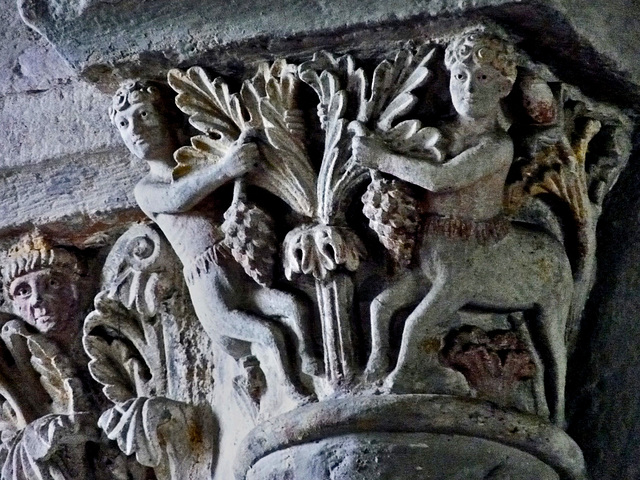Mozac - Saint-Pierre et Saint-Caprais
Mozac - Saint-Pierre et Saint-Caprais
Mozac - Saint-Pierre et Saint-Caprais
Mozac - Saint-Pierre et Saint-Caprais
Mozac - Saint-Pierre et Saint-Caprais
Mozac - Saint-Pierre et Saint-Caprais
Mozac - Saint-Pierre et Saint-Caprais
Mozac - Saint-Pierre et Saint-Caprais
Mozac - Saint-Pierre et Saint-Caprais
Mozac - Saint-Pierre et Saint-Caprais
Mozac - Saint-Pierre et Saint-Caprais
Mozac - Saint-Pierre et Saint-Caprais
Mozac - Saint-Pierre et Saint-Caprais
Saint-Hilaire-la-Croix
Saint-Hilaire-la-Croix
Saint-Hilaire-la-Croix
Saint-Hilaire-la-Croix
Saint-Hilaire-la-Croix
Saint-Hilaire-la-Croix
Saint-Hilaire-la-Croix
Saint-Hilaire-la-Croix
Saint-Hilaire-la-Croix
Saint-Hilaire-la-Croix
Saint-Hilaire-la-Croix
Mozac - Saint-Pierre et Saint-Caprais
Mozac - Saint-Pierre et Saint-Caprais
Mozac - Saint-Pierre et Saint-Caprais
Location
Lat, Lng:
Lat, Lng:
You can copy the above to your favourite mapping app.
Address: unknown
Lat, Lng:
You can copy the above to your favourite mapping app.
Address: unknown
See also...
Keywords
Authorizations, license
-
Visible by: Everyone -
All rights reserved
-
137 visits
Mozac - Saint-Pierre et Saint-Caprais


Mozac Abbey is one of the oldest monasteries in the Auvergne. Dating back into Merovingian times, a legend tells that it was founded by Calminius (later Saint Calmin). He must have been pretty important and well off, as his name is connected to the foundations of three abbeys. He introduced the benedictian rules to the area, and brought (from Rome)a relic of Saint Peter and (from Agen) a relic of Saint Caprasius to Mozac. He got buried in the crypt of this church together with his wife Saint Namadie. Within the 9th century relics of Saint Austremonius, the first bishop of Clermont were transferred to Mozac, so already before Santiago de Compostella was on the map, this was a place of pilgrimage.
In 1095 Mozac abbey got affiliated to Cluny, but was important enough, to have Hugue of Semur, nephew of Hugue of Cluny here as abbot. He was followed by Eustachius, brother of Petrus Venerabilis.
Three churches could be traced here by archeologists, what can be seen today is "Mozac 3", a great church built within the first half of the 12th century.
As most of "Mozac 3" got destroyed by a number earthquakes between 1437 and 1490. Actually only ruins can be seen. Apses, choir, ambulatory, radial chapels, transept and clerestorys were beyond repair, when the early reconstruction started - in gothic style.
Most pillars and capitals of "Mozac 3" are still in place (in situ).
Some / Most of the carvings here are so "perfect", that they seem to be much younger, even baroque, but all are - 12th century - romanesque.
-
There are two capitals in Mozac depicting centaurs. They are on two "parallel" pillars left and right the aisle. So these capitals have to be seen as a "corresponding couple".
This is the second.
Here as well both centaurs flank a Y-shaped, fruit bearing tree. The fruits are dangling down here. The fruits are going to be picked from the two centaurs.
While the other couple had straight hair, these centaurs wear a trendy, curly hairdo. Note that the tail transforms into foliage, a feature typical for this church.
In 1095 Mozac abbey got affiliated to Cluny, but was important enough, to have Hugue of Semur, nephew of Hugue of Cluny here as abbot. He was followed by Eustachius, brother of Petrus Venerabilis.
Three churches could be traced here by archeologists, what can be seen today is "Mozac 3", a great church built within the first half of the 12th century.
As most of "Mozac 3" got destroyed by a number earthquakes between 1437 and 1490. Actually only ruins can be seen. Apses, choir, ambulatory, radial chapels, transept and clerestorys were beyond repair, when the early reconstruction started - in gothic style.
Most pillars and capitals of "Mozac 3" are still in place (in situ).
Some / Most of the carvings here are so "perfect", that they seem to be much younger, even baroque, but all are - 12th century - romanesque.
-
There are two capitals in Mozac depicting centaurs. They are on two "parallel" pillars left and right the aisle. So these capitals have to be seen as a "corresponding couple".
This is the second.
Here as well both centaurs flank a Y-shaped, fruit bearing tree. The fruits are dangling down here. The fruits are going to be picked from the two centaurs.
While the other couple had straight hair, these centaurs wear a trendy, curly hairdo. Note that the tail transforms into foliage, a feature typical for this church.
- Keyboard shortcuts:
Jump to top
RSS feed- Latest comments - Subscribe to the comment feeds of this photo
- ipernity © 2007-2024
- Help & Contact
|
Club news
|
About ipernity
|
History |
ipernity Club & Prices |
Guide of good conduct
Donate | Group guidelines | Privacy policy | Terms of use | Statutes | In memoria -
Facebook
Twitter

Sign-in to write a comment.